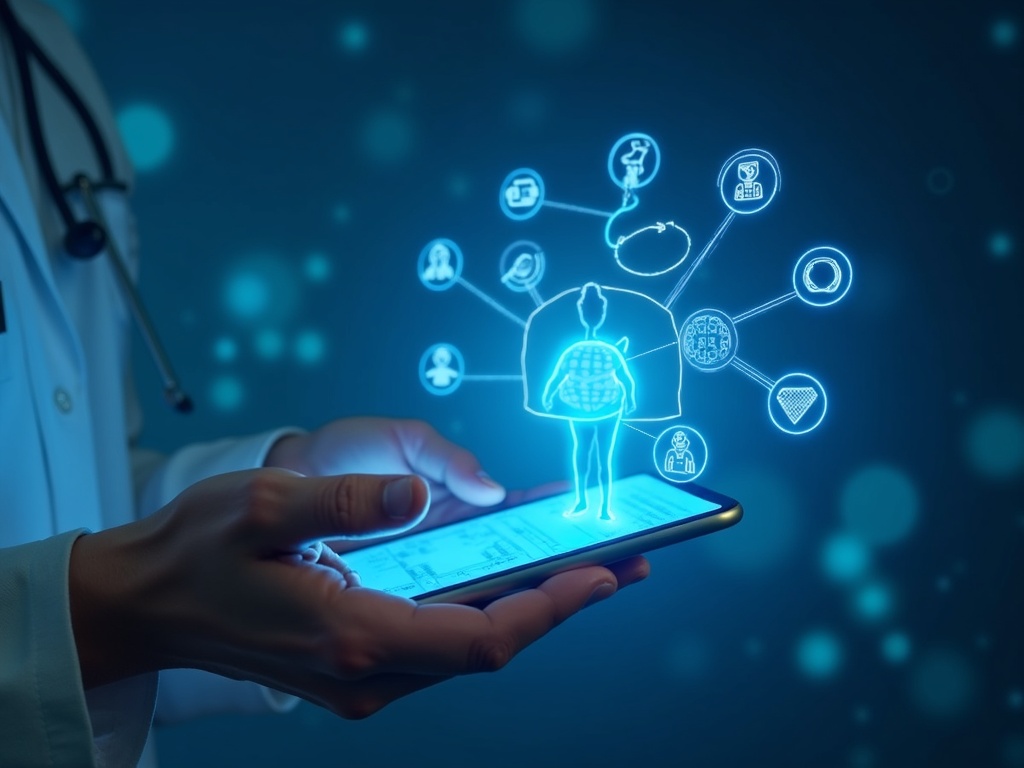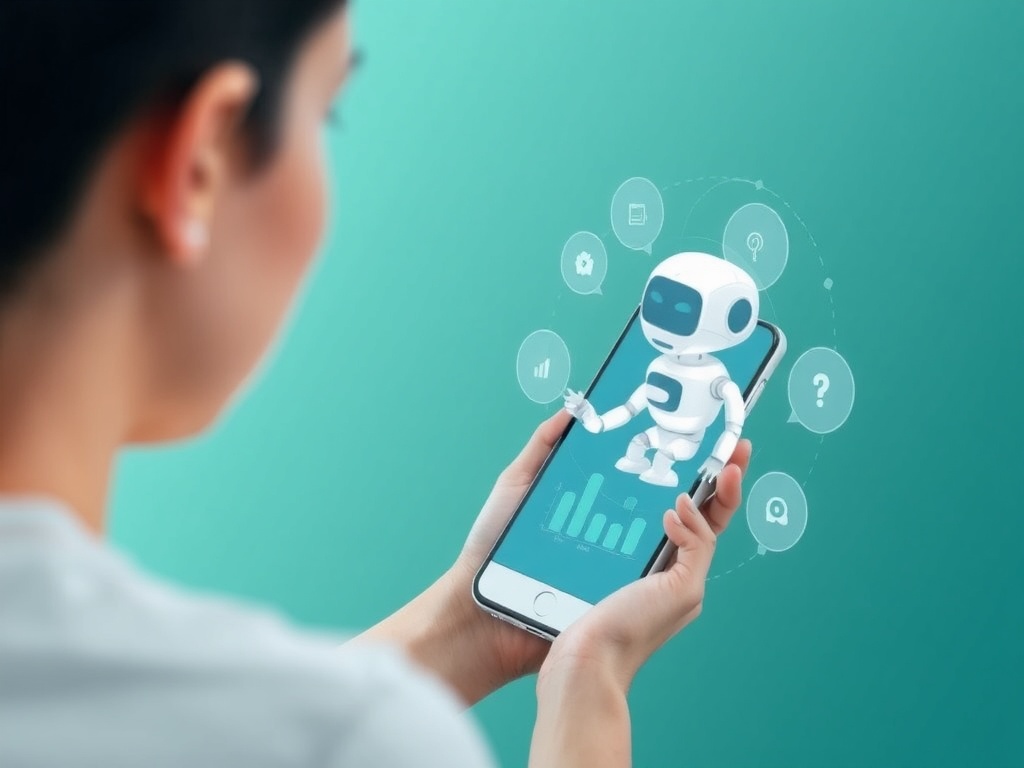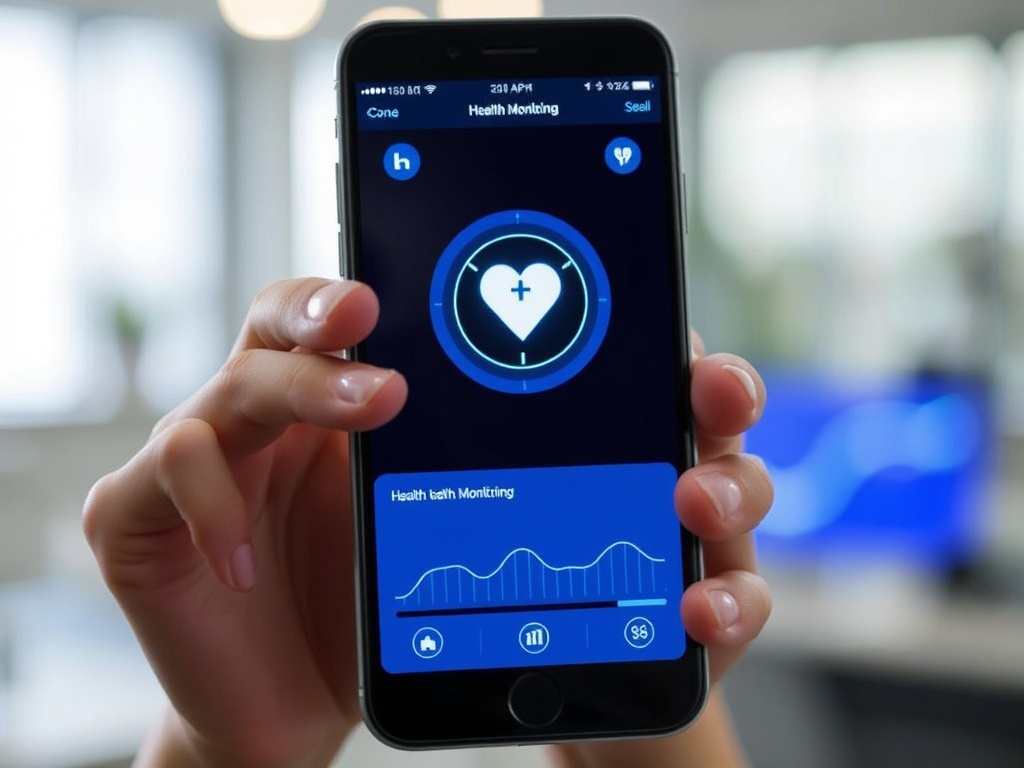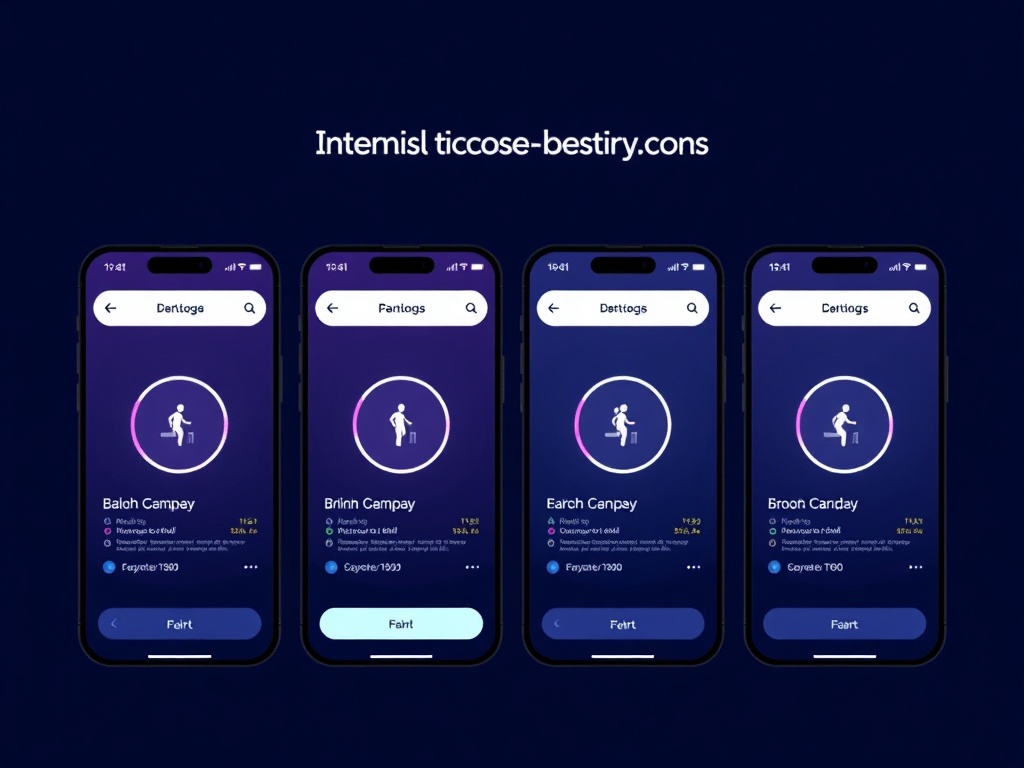AI Apps for Healthcare and Medicine: Revolutionizing the Industry
The healthcare industry has undergone significant transformations over the years, with advancements in technology playing a crucial role in shaping its future. Artificial Intelligence (AI) has emerged as a game-changer in this space, enabling medical professionals to provide more accurate diagnoses, improve patient care, and streamline clinical workflows. In this article, we will delve into the world of AI apps for healthcare and medicine, exploring their applications, benefits, and potential impact on the industry.
Applications of AI Apps in Healthcare
- Clinical Decision Support Systems (CDSSs)
- CDSSs use machine learning algorithms to analyze patient data, medical literature, and best practices to provide healthcare professionals with relevant information for diagnosis and treatment decisions.
- Examples: IBM’s Watson for Oncology, Medtronic’s Sugar.IQ
- Medical Imaging Analysis
- AI-powered tools can help detect diseases from medical images, such as tumors, fractures, or vascular issues.
- Examples: Google’s LYNA (Lymph Node Assistant), Zebra Medical Vision
- Patient Engagement and Education
- AI-driven chatbots and virtual assistants can engage patients in their care, provide personalized advice, and offer medication reminders.
- Examples: Doctor on Demand, HealthTap
- Predictive Analytics and Risk Stratification
- AI algorithms can analyze large datasets to identify high-risk patients, predict disease progression, and optimize treatment strategies.
- Examples: IBM’s Watson Health Imaging, Cleveland Clinic’s CareView
Benefits of AI Apps in Healthcare
- Improved Accuracy and Efficiency
- AI-powered tools can reduce errors, improve diagnosis accuracy, and streamline clinical workflows.
- Enhanced Patient Experience
- AI-driven chatbots and virtual assistants can provide personalized care, education, and support to patients.
- Cost Savings and Resource Optimization
- AI can help identify areas for cost reduction, optimize resource allocation, and reduce hospital readmissions.
Challenges and Limitations of AI Apps in Healthcare
- Data Quality and Availability
- The effectiveness of AI apps relies heavily on the quality and availability of data.
- Regulatory and Compliance Issues
- AI-powered tools must adhere to regulatory requirements, such as HIPAA (Health Insurance Portability and Accountability Act).
- Human Trust and Adoption
- Healthcare professionals may be hesitant to adopt new technologies, particularly those that challenge traditional practices.
Conclusion
The integration of AI apps in healthcare and medicine has the potential to revolutionize patient care, improve outcomes, and reduce costs. While challenges exist, the benefits of AI-powered tools far outweigh their limitations. As the industry continues to evolve, it is essential for healthcare professionals, policymakers, and technology innovators to work together to harness the power of AI and drive positive change in healthcare.
Sources:
- [1] IBM Watson Health
- [2] Medtronic Sugar.IQ
- [3] Google LYNA (Lymph Node Assistant)
- [4] Doctor on Demand
- [5] HealthTap
Note: The sources listed are just a few examples of AI apps and companies mentioned in the article. This is not an exhaustive list, but rather a selection of notable references to illustrate the points made.



